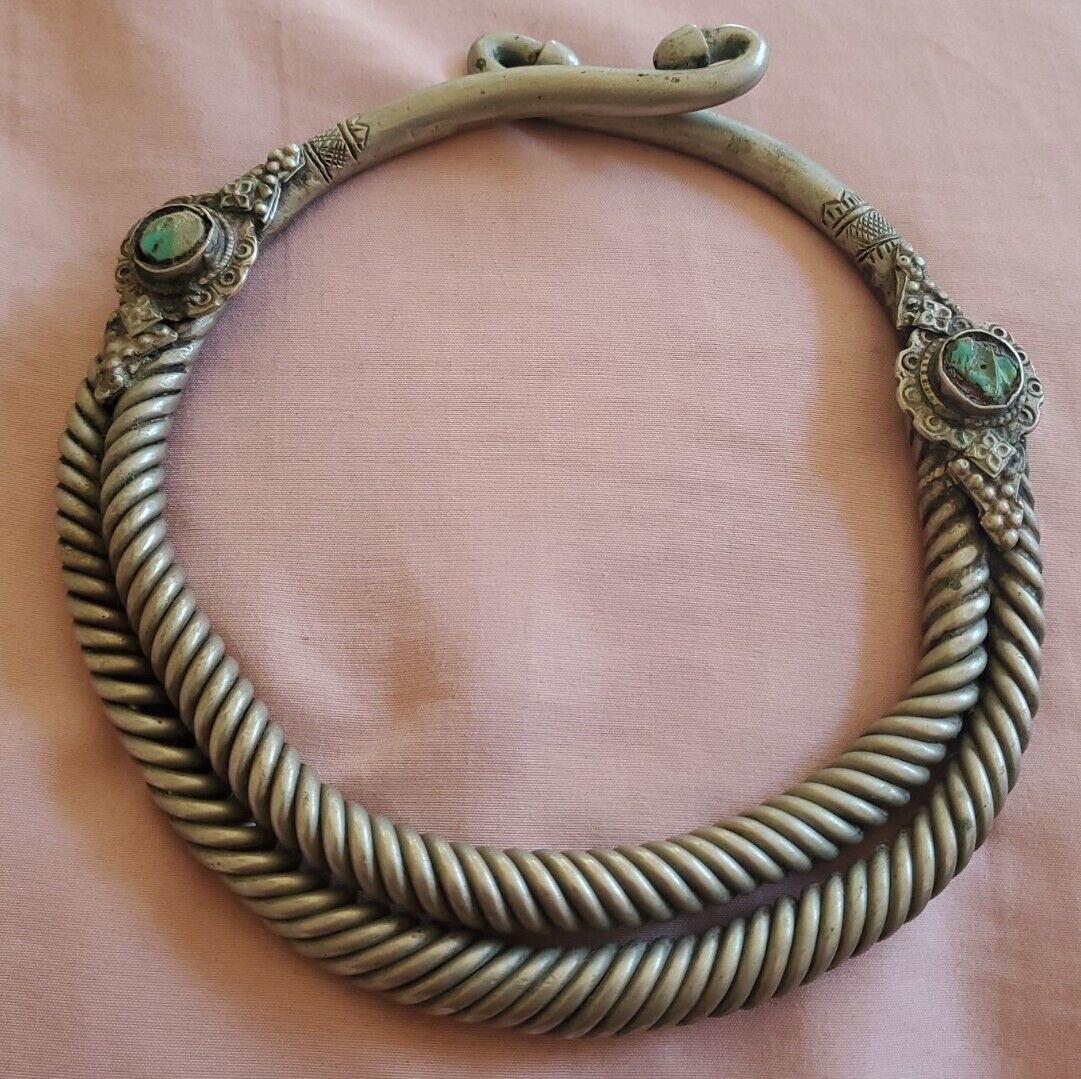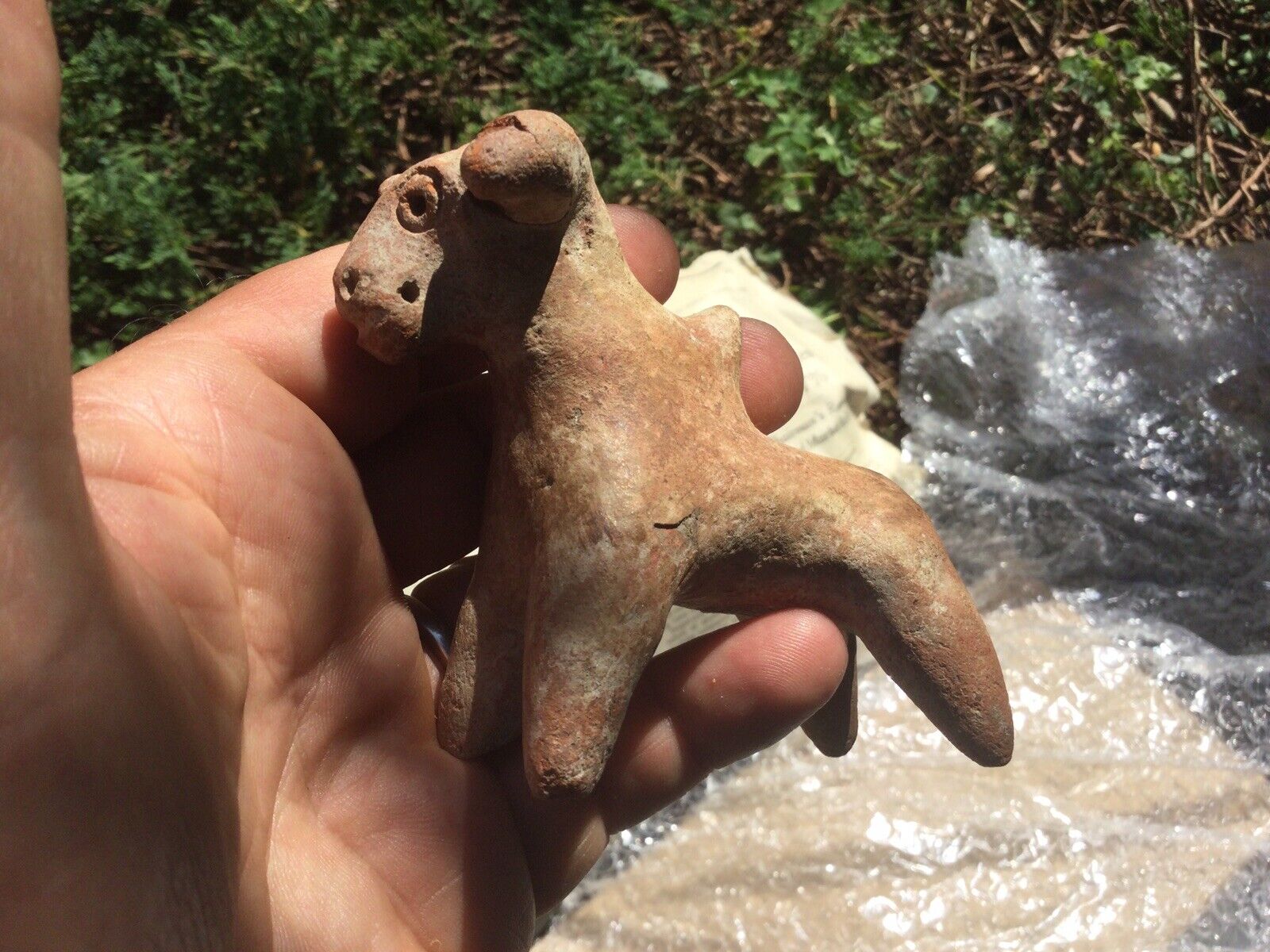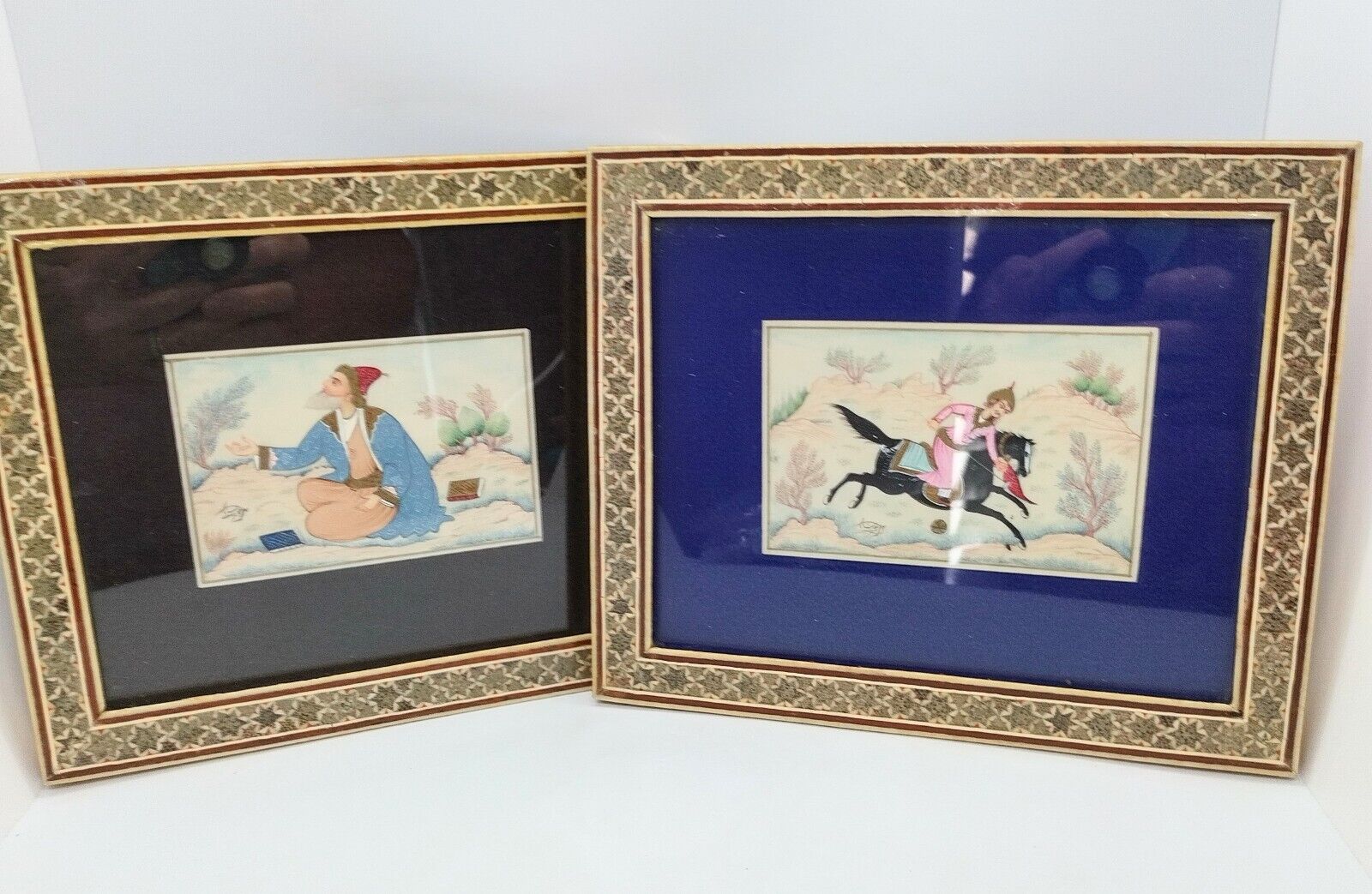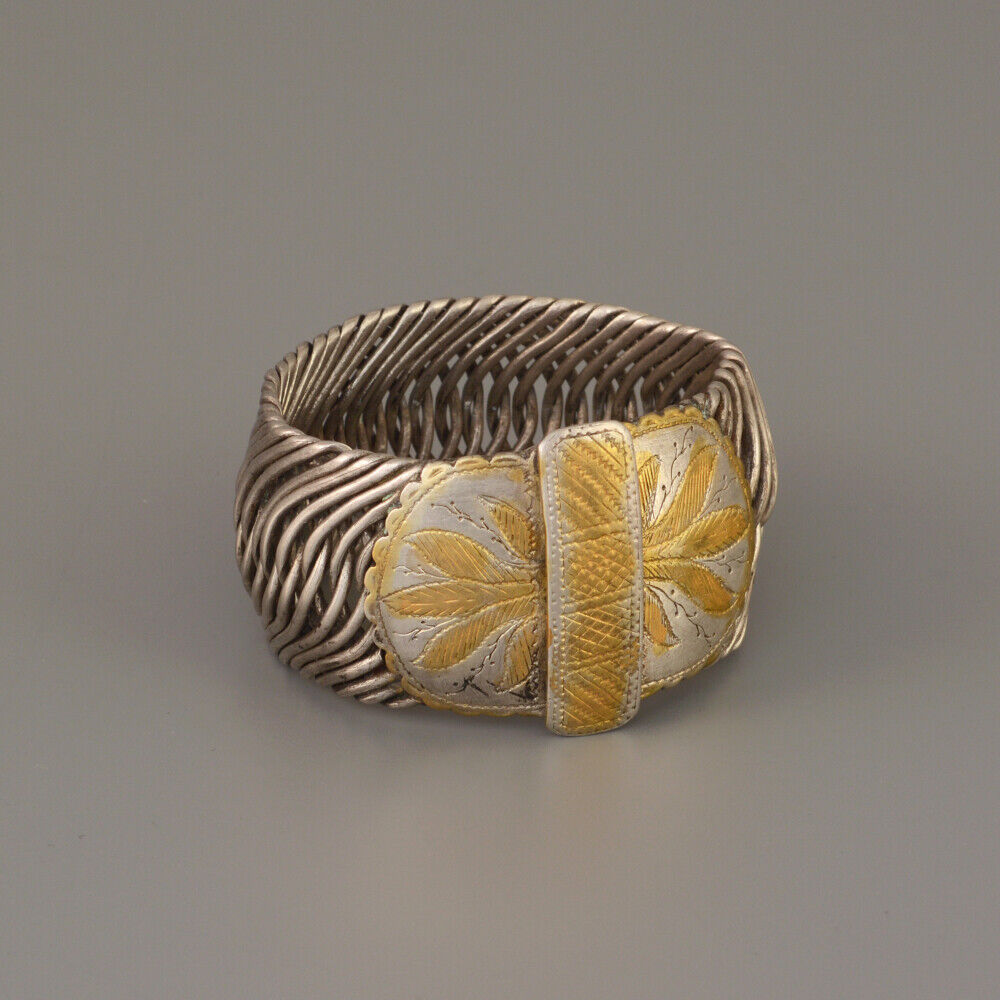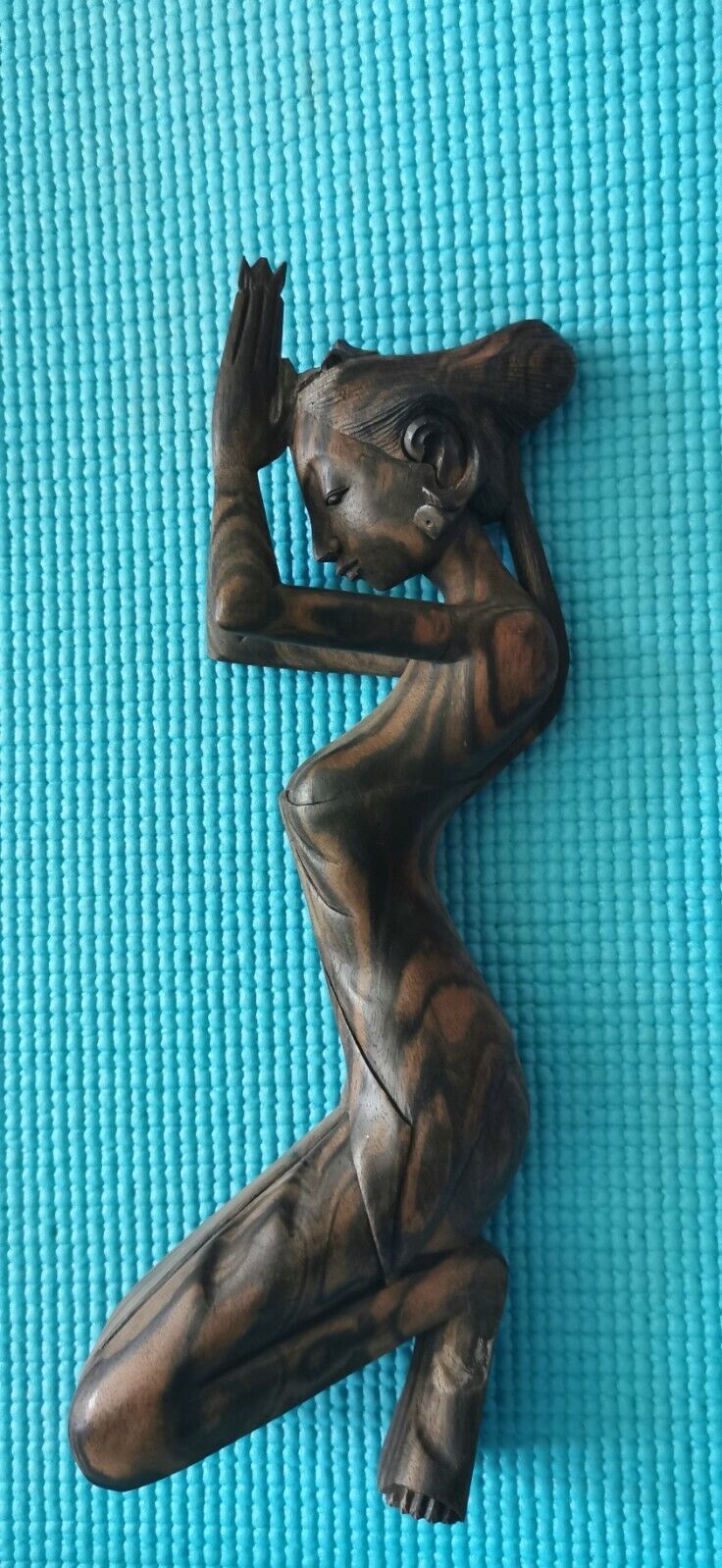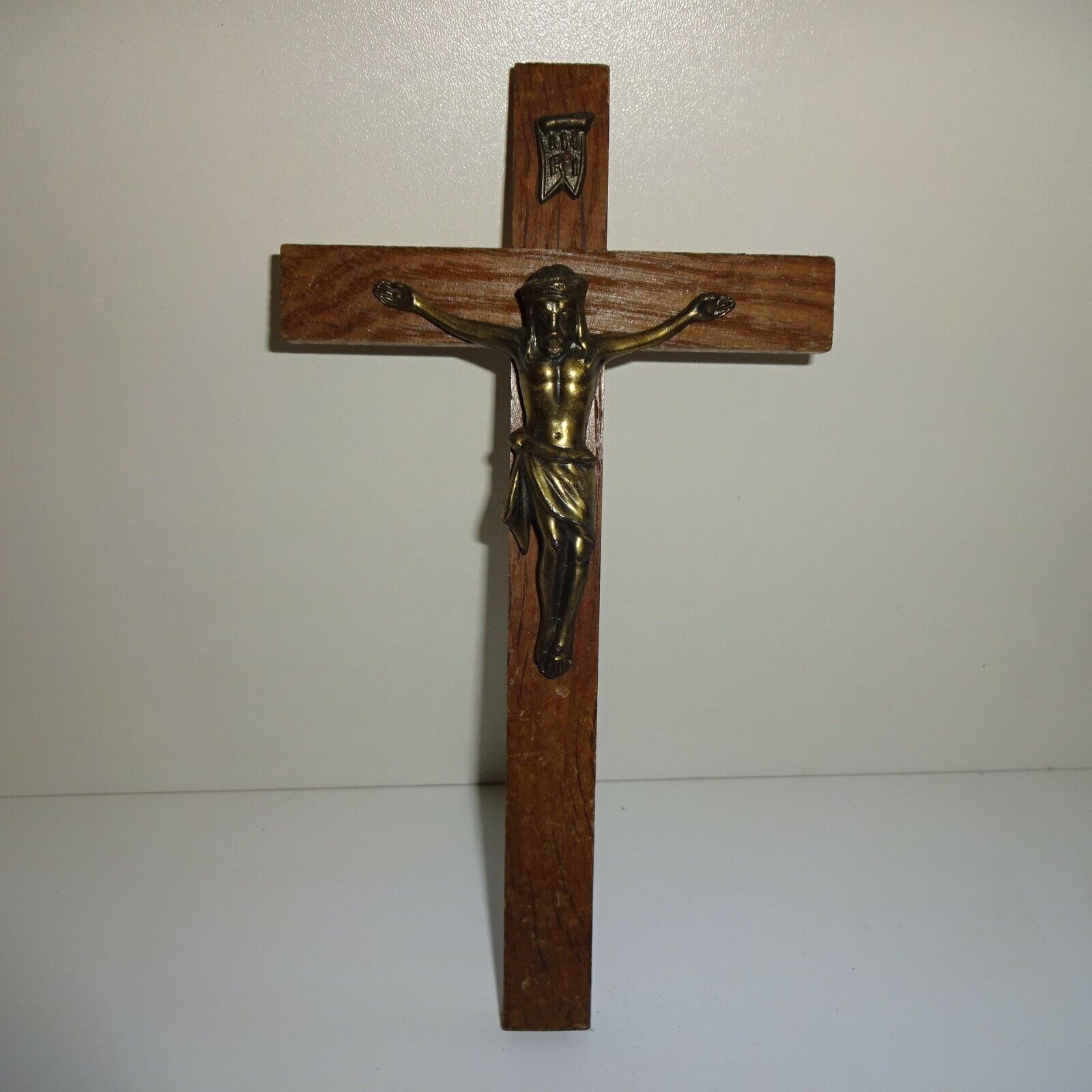-40%
Art African Fetish Voodoo Fon 1724
$ 296.83
- Description
- Size Guide
Description
Ref: sf-1724height 38 cm.
Product Description
.
Fon voodoo fetish from Benin. Piece over 50 years old. Piece on plinth.
At the top of the pantheon of Vodou gods reigns Mawu, the supreme god surrounded by related gods, the Lwa.
All are represented except mawu. They take the form of a fetish: stones, plants, pieces of metal, statues, sticks, mounds of earth, bottles, pots, or a composite of several materials.
They ensure the protection of the property of the home or the community, driving away disease or any kind of plague.
These fetishes are sacred objects in which the spirit or the strength of the god finds its embodiment. The material accumulated on their surface until it disappears gives it its power.
Voodoo was born from the meeting of the traditional cults of the Yoruba gods and the Fon and Ewe deities, during the creation and then the expansion of the Fon kingdom of Abomey in the 17th and 18th centuries.
Voodoo is the cultural foundation of the peoples who come from successive migrations from Tado to Togo, the Adja (including the Fons, the Gouns, the Ewe ... and to a certain extent the Yoruba ...) peoples who constitute an important element of the populations in southern Gulf States of Benin (Benin, Togo, Ghana, Nigeria…).
Voodoo (pronounced voodoo) is the adaptation by the Fon of a Yoruba word meaning "god". Voodoo therefore designates all the gods or invisible forces whose power or benevolence men try to reconcile. It is the affirmation of a supernatural world, but also the set of procedures allowing to enter into relationship with it. Voodoo corresponds to the Yoruba cult of the Orishas. Just as voodoo is a cult to the spirit of the invisible world. At each opening, the Voodoo priest asks for the help of Papa Legba's spirit to open the doors to both worlds.
Voodoo can be described as a culture, heritage, philosophy, art, dances, language, art of medicine, style of music, justice, power, oral tradition and rituals.
With the slave trade, voodoo culture spread to America and the Caribbean islands, especially Haiti. It is characterized by the rites of "incorporation" (voluntary and provisional possession by the spirits), animal sacrifices, belief in the living dead (zombies) and in the possibility of their artificial creation, as well as the practice of witchcraft on pin dolls (voodoo doll).
The practice of their religion and culture was prohibited by the settlers, punishable by death or imprisonment, and was therefore practiced in secret. Voodoo, however, incorporated Catholic rites and conceptions, making it acceptable. Thus was born “Christian voodoo”.
In the 1950s, the Vatican made peace with the voodoo cult.
Voodoo has endured and its practitioners fearlessly display their belief.
African art, African masks
Piece delivered with an invoice and a certificate of authenticity.
African art african tribal arte africana afrikanische kunst
Voodoo (pronounced voodoo) is the adaptation by the Fon of a Yoruba word meaning "god". Voodoo therefore designates all the gods or invisible forces whose power or benevolence men try to reconcile. It is the affirmation of a supernatural world, but also the set of procedures allowing to enter into relationship with it. Voodoo corresponds to the Yoruba cult of the Orishas. Just as voodoo is a cult to the spirit of the invisible world. At each opening, the Voodoo priest asks for the help of Papa Legba's spirit to open the doors to both worlds. With the slave trade, voodoo culture spread to America and the Caribbean islands, especially Haiti. It is characterized by the rites of "incorporation" (voluntary and provisional possession by the spirits), animal sacrifices, belief in the living dead













